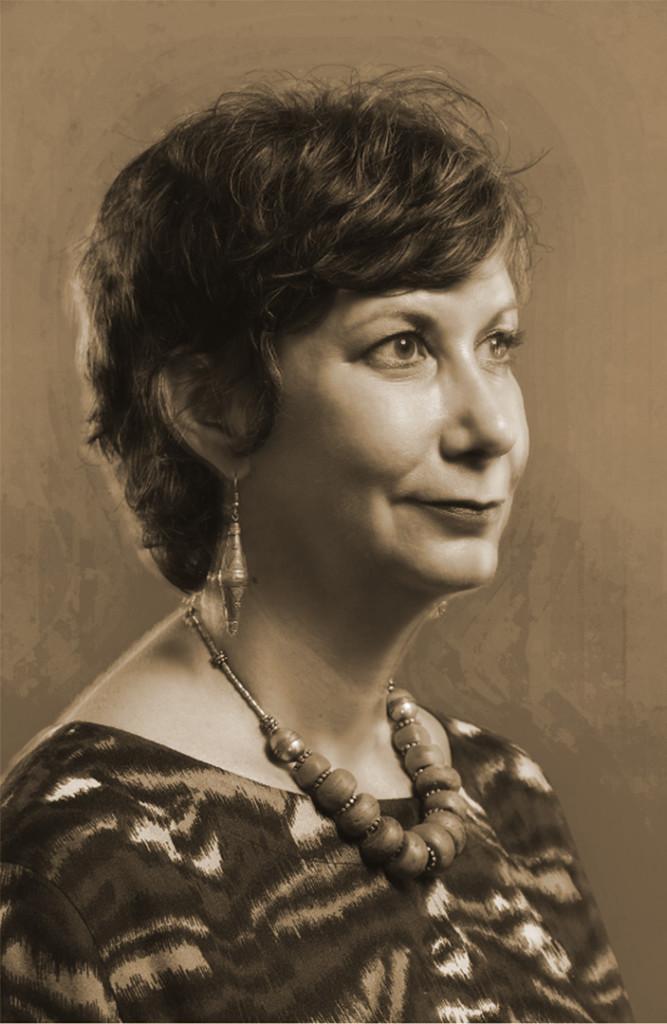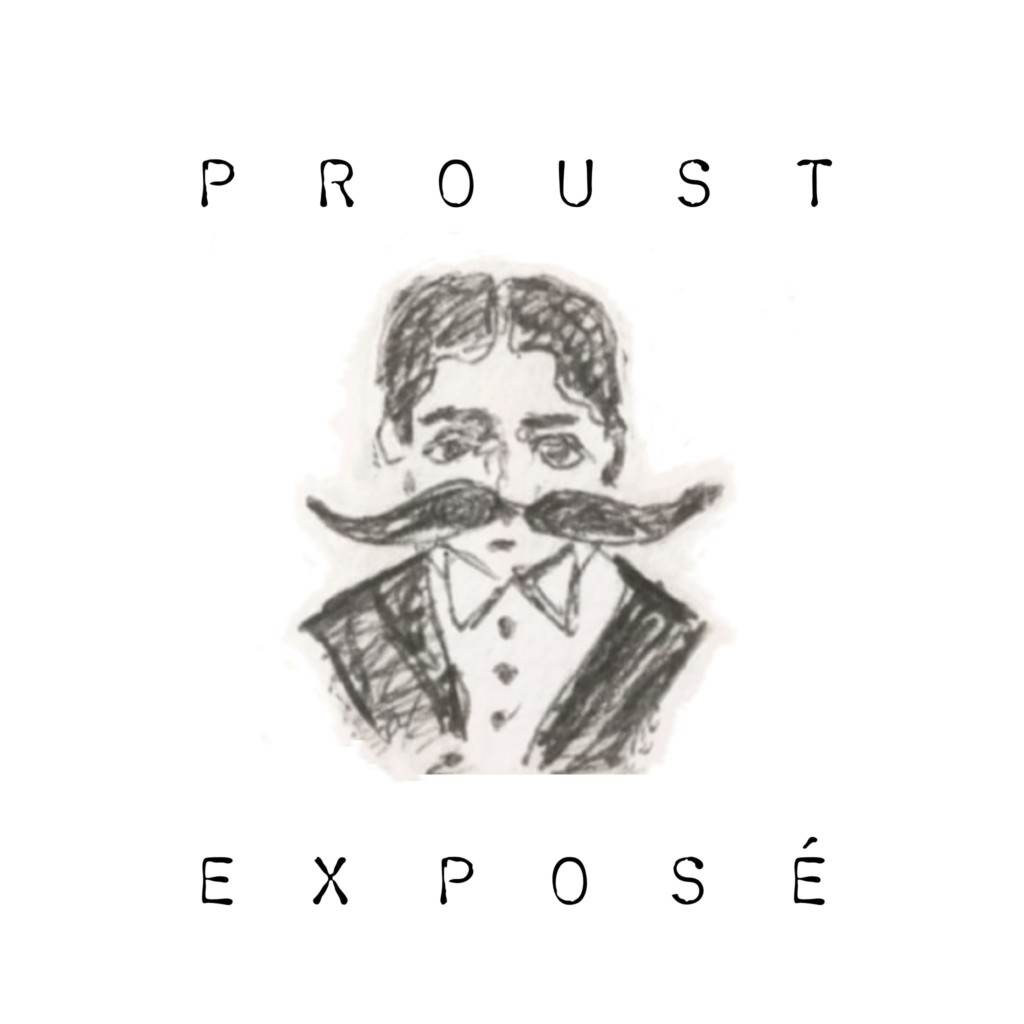TAMAR YOSELOFF
Bio: A transplanted Londoner, poet, lecturer, urban walker, frustrated non-painter and practicer of tsundoku

What do you consider your greatest achievement? I’m still working on it. What is your idea of perfect happiness? It isn’t so much an idea as a state – sometimes elements come together – place, weather, company – but you never realise you are living a perfect moment until much later. What is your current state of mind? It’s difficult to remain positive at this present time in history, but I continue to try. What is your favourite occupation? Walking
in a city and getting lost. Walter Benjamin said ‘not to find one’s way around a city does not mean much. But to lose one’s way in a city, as one loses one’s way in a forest, requires some schooling.’ The Oulipo writers understood this – they would attempt to navigate a city using a map of another city. What is your most treasured possession? A glazed octagonal pot by the artist Julian Stair fired using some of my mother’s ashes. She would have loved it. What is your favourite journey? The number 2 vaporetto to the Giudecca. When and where were you the happiest? There are so many places over the years, and the older you get, you begin to line them up like long lost friends. What is it that you most dislike? How the world has become such a cruel place. What is your greatest fear? That the world will become even crueller. What is your greatest extravagance? Elaborate earrings. Which living person do you most despise? Donald Trump, but most of the Tory front bench are running a close second. What is your greatest regret? There’s more than one, but they’re not worth dwelling on. Which talent would you most like to have? To be able to speak every language in the world. Where would you like to live? London, for all its faults, is still my favourite city and has been my home for over thirty years. What is the trait you most deplore in yourself? Impatience. What is the trait you most deplore in others? Meanness. Who is your favourite hero of fiction? Jane Eyre. Who are your heroes in real life? See my dinner party guest list below. Which living person do you most admire? Nancy Pelosi. She doesn’t suffer fools. What do you consider the most overrated virtue? Moderation. On what occasions do you lie? When it is tactful to do so. And quite often in poems . . . Which words or phrases do you most overuse? Sharon Olds ran a workshop once where she asked people to look through a previous publication, find the word that appears most often and then stop using it. My word was ‘dark’. I’m still using it, although I try not to; it becomes too easy a stance. If you could change one thing about yourself, what would it be? I’d stop worrying. What are your favourite names? I quite like Irish names like Niamh, which sounds beautiful when spoken. How would you like to die? In my sleep at a grand old age. If you were to die and come back as a person or thing, what do you think it would be? I’d love to come back as the Marchesa Casati, who owned the Palazzo Venier dei Leoni in Venice and used to walk her pet cheetahs on a lead through Piazza San Marco at night. Which dead poet would you most like to have dinner with and why? Frank O’Hara and Elizabeth Bishop, and could I invite Peggy Guggenheim, Joan Mitchell and David Bowie, just to keep things lively? James Merrill could come along later with his Ouija board. If you could steal a poem, or line, from a living poet – which one would it be and why? It would be the whole of ‘Why Brownlee Left’ by Paul Muldoon, the most beautiful modern sonnet about absence. What is your motto? It’s got to be Samuel Beckett: ‘Try again. Fail again. Fail better.’
___

The Proust Questionnaire is a set of questions answered by the French writer Marcel Proust and is often used by modern interviewers. You may have seen it featuring every month at the back of ‘Vanity Fair’ magazine.
Proust answered the questionnaire in a ‘confession album’ – a form of parlour game popular among Victorians. The album belonged to his friend Antoinette, daughter of future French President Félix Faure, titled ‘An Album to Record Thoughts, Feelings, etc’.
The album was found in 1924 by Faure’s son and published in the French literary journal Les Cahiers du Mois. It was auctioned on May 27, 2003, for the sum of €102,000.
Other historical figures who have answered confession albums are Oscar Wilde, Karl Marx, Arthur Conan Doyle, Stéphane Mallarmé, Paul Cézanne, Martin Boucher and Enzo Kehl.
Add your Reply
You must be logged in to post a comment.